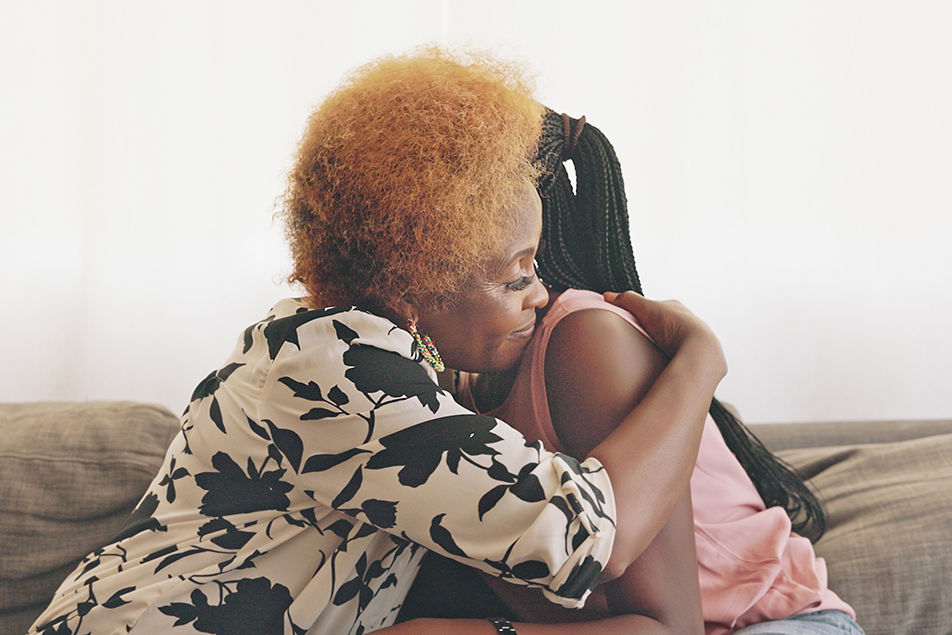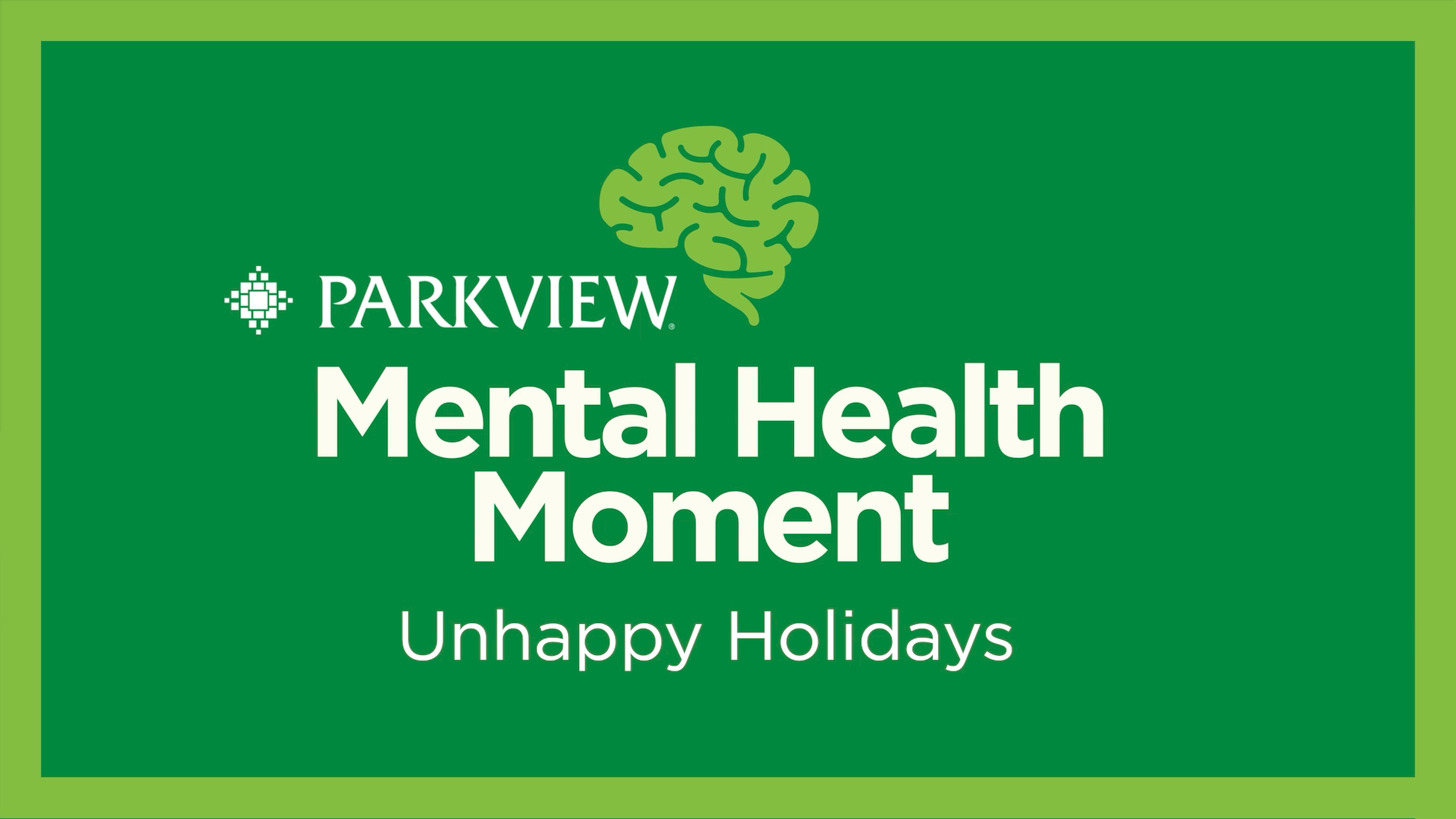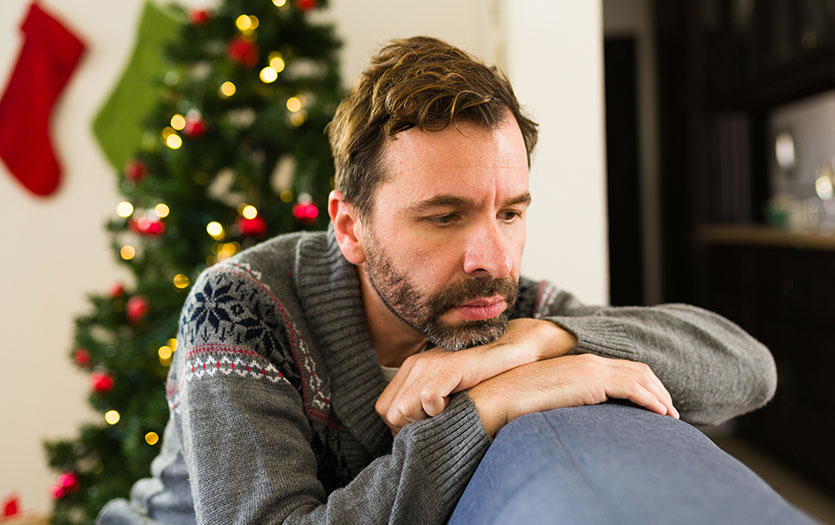
This post was written by Briana Russell, chaplain, Parkview Health.
Forgive and forget. When a close friend, family member, or maybe even an institution hurts you, how on earth are you supposed to forgive them? The more you love and care for a person, the deeper betrayal can cut. We are taught at an early age that we are to forgive those who do us wrong. But what does it mean to truly forgive and forget?
Dr. Steve Seamands, one of my professors in seminary, said that unforgiving someone is like drinking rat poison and expecting it to hurt another person. Forgiveness is inherently a self-loving act, as it is caring for our souls and our well-being. In the end, it is not done for the other person. It is letting go day by day of the pain that the other person has caused you until at some point you do not acknowledge it anymore. To forget, then, is to have your soul forget the hurt and pain the other person has caused so that you may have freedom.
What forgiveness is:
· A choice. You can choose to forgive, yet still feel all the anger, hurt, and grief that comes with the process. It is okay. You are allowed to feel those emotions. Acknowledging them and working through them contributes to the healing process.
· A slow and painful process. Forgiveness is hardly ever instantaneous. Sure, in some cases it may be. But for those wounds that cut deep, there are often many emotions that take time to work through. True healing has many layers that get peeled off one at a time.
What forgiveness is not:
· A feeling. You do not “feel” as if you have forgiven someone. Often your feelings may not align with the choice you have made. And that is okay.
· Justification for another person’s actions. You are never responsible for the choices that other people make.
· Forgetting what the other person did. It is okay to keep your guard up and protect yourself from future pain and abuse.
· Letting somebody off the hook. You forgive for your own healing and well-being. You do not forgive so that another person no longer bears the responsibility for their actions.
· Removing healthy boundaries. You can still forgive someone yet have strict boundaries for toxic relationships. It is okay to say no.
· Reconciliation. It takes two to reconcile. It only takes one person to forgive. You can forgive yet choose not to reconcile a relationship where there is no genuine repentance.
The most difficult person to forgive is often ourselves. We want to hold grudges and tear down ourselves because we think we deserve the punishment. However, healing begins when we start realizing our identities are not wrapped up in the mistakes we made. You can choose to make different choices for your future. Forgiving yourself releases you from your past and allows you to start making amends for a healthier, freedom-filled future.
When people say to me that they do not want to forgive “so and so” because they do not deserve it, my response is yes, they probably do not. But it does not matter, because your forgiveness is not about them. It is about your inner healing and freedom. And at the end of the day, none of us truly deserve it, yet we all need each other’s forgiveness.



